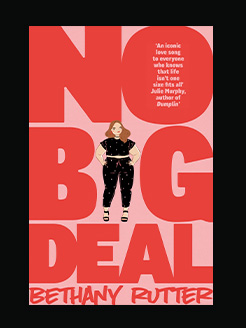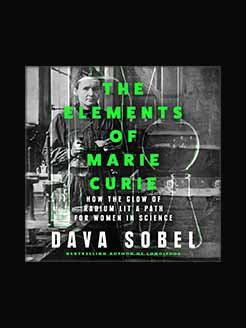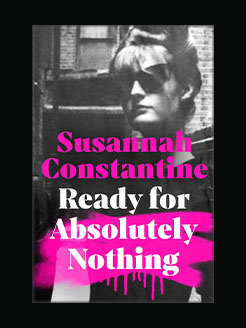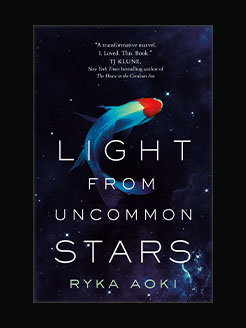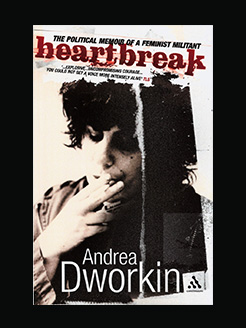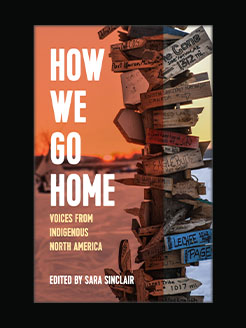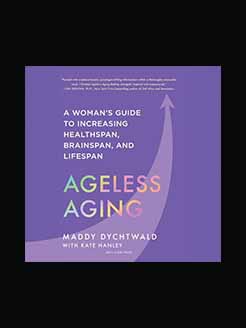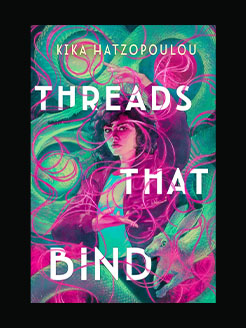Published in 2020
270 pages
Alexandra Heller-Nicholas is a two-time Bram Stoker Award finalist and an author, academic and film critic from Melbourne, Australia. She has published nine books on cult, horror and exploitation cinema with an emphasis on gender politics, including the recently revised Rape-Revenge Films: A Critical Study (2011/2021), Found Footage Horror Films: Fear and the Appearance of Reality (2014), books on Dario Argento’s Suspiria (2015), Abel Ferrara’s Ms. 45 (2017) and Robert Harmon’s The Hitcher (2018), Masks in Horror Cinema: Eyes Without Faces (2019), 1000 Women in Horror 1895-2018 (2020), and The Giallo Canvas: Art, Excess and Horror Cinema (2021). She is on the editorial board for the University of Wales Press series Horror Studies, and a member of the advisory board for the Miskatonic Institute of Horror Studies (LA/NYC/London). Alexandra holds a PhD in Screen Studies from the University of Melbourne and is an Adjunct Professor at Deakin University. She is a member of the Alliance of Women Film Journalists and a top critic at Rotten Tomatoes.
Alison Peirse is from Leeds. She spends her days in her garden shed, writing books about horror films. She is drawn to the untold stories of women working in film, both in front of and behind the camera. She has a particular penchant for historical studies, because they require her to squirrel around in film archives (which is a Great Joy).
Alison is an Associate Professor of Film at the University of Leeds, where she teaches screenwriting. She has read scripts for BBC Films, Screen Yorkshire, Duck Soup Films and Northern Film & Media, and she is script editor of the multi-award-winning horror feature film Dark Beacon. She writes fiction when she feels like it, working across prose, playwriting and screenwriting. She has collaborated with BBC WritersRoom, Penguin Random House and the Royal Court Theatre. Her stage play Euphoria was long-listed for the prestigious Bruntwood Prize for Playwriting, and her short story ‘Atmosphere’ was recently published in the Graveyard Smash anthology.
She is also a critic, and has written for Buzzfeed, The Stylist, Bloody Women and many more. She has been interviewed about her research for the New York Times, Guardian and Radio 4, among many others. She also collaborates with a number of international film festivals on their horror programming, including Etheria Film Night (Los Angeles), Final Girls Berlin, Ax Wound (Vermont), Kurja Polt (Ljubljana) and SlashFilm Festival (Vienna). She particularly enjoys festival work as everyone is nice to her and takes her out for dinner.
What is this book about?
Winner of the the 2021 Best Edited Collection Award from BAFTSS
Shortlisted for the 2021 British Fantasy Awards – Best Non-Fiction
Finalist for the 2020 Bram Stoker Award® for Superior Achievement in Non-Fiction
Runner-Up for Book of the Year in the 19th Annual Rondo Halton Classic Horror Awards
“But women were never out there making horror films, that’s why they are not written about – you can’t include what doesn’t exist.”
“Women are just not that interested in making horror films.”
This is what you get when you are a woman working in horror, whether as a writer, academic, festival programmer, or filmmaker. These assumptions are based on decades of flawed scholarly, critical, and industrial thinking about the genre. Women Make Horror sets right these misconceptions. Women have always made horror. They have always been an audience for the genre, and today, as this book reveals, women academics, critics, and filmmakers alike remain committed to a film genre that offers almost unlimited opportunities for exploring and deconstructing social and cultural constructions of gender, femininity, sexuality, and the body.
Women Make Horror explores narrative and experimental cinema; short, anthology, and feature filmmaking; and offers case studies of North American, Latin American, European, East Asian, and Australian filmmakers, films, and festivals. With this book we can transform how we think about women filmmakers and genre.
